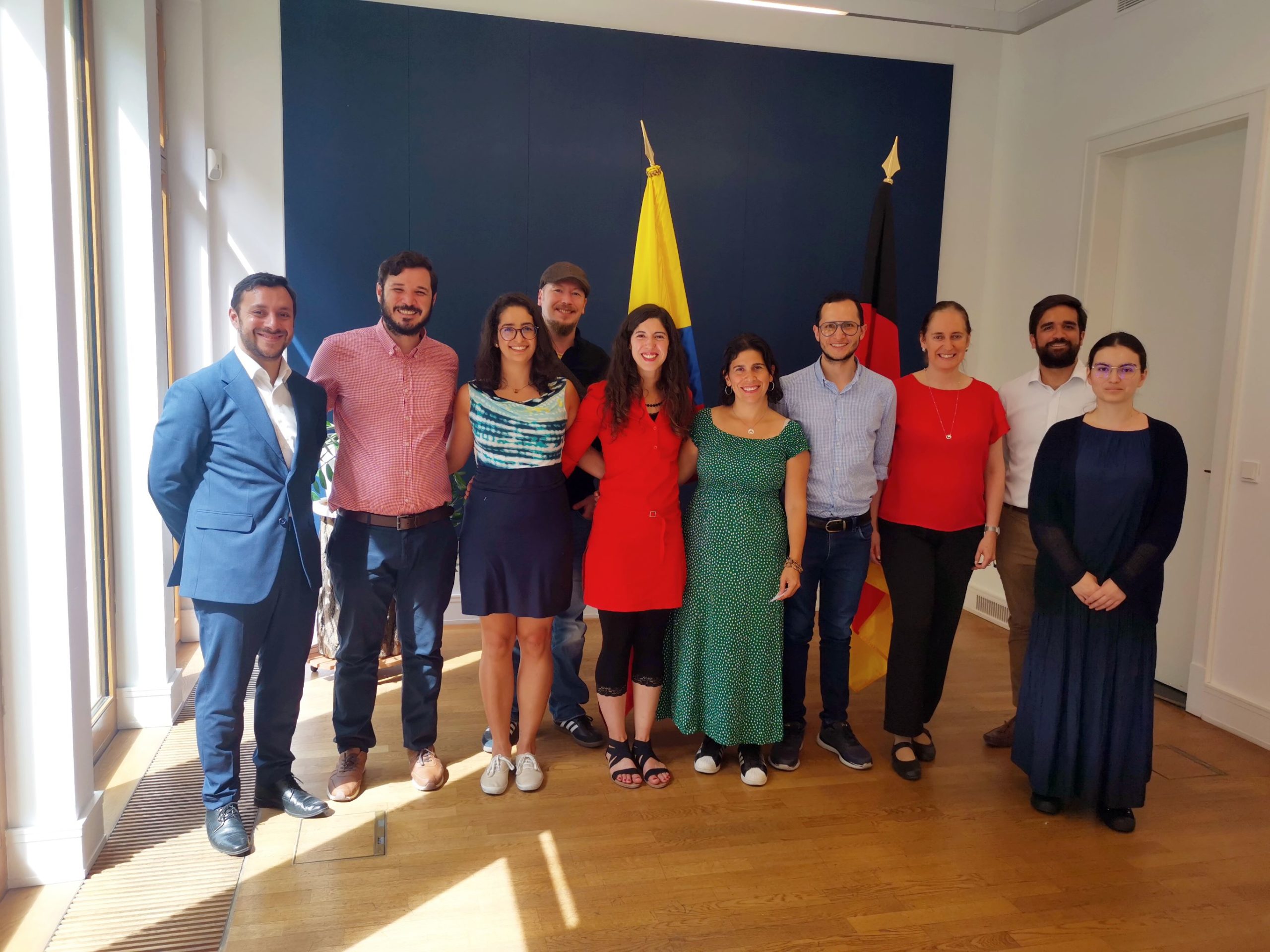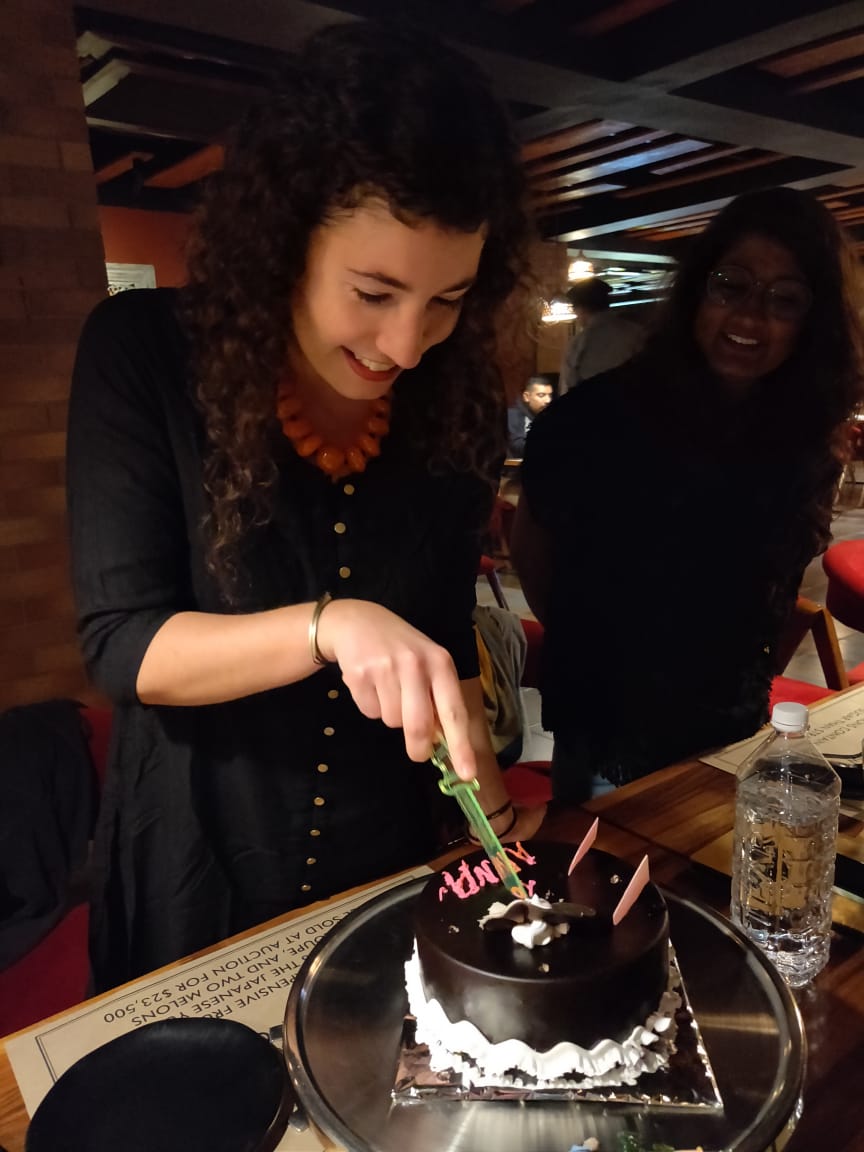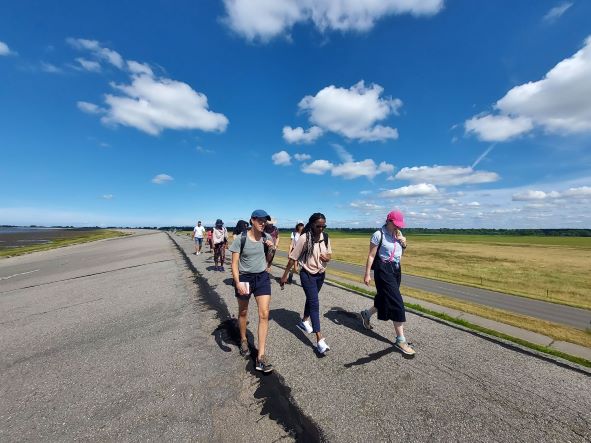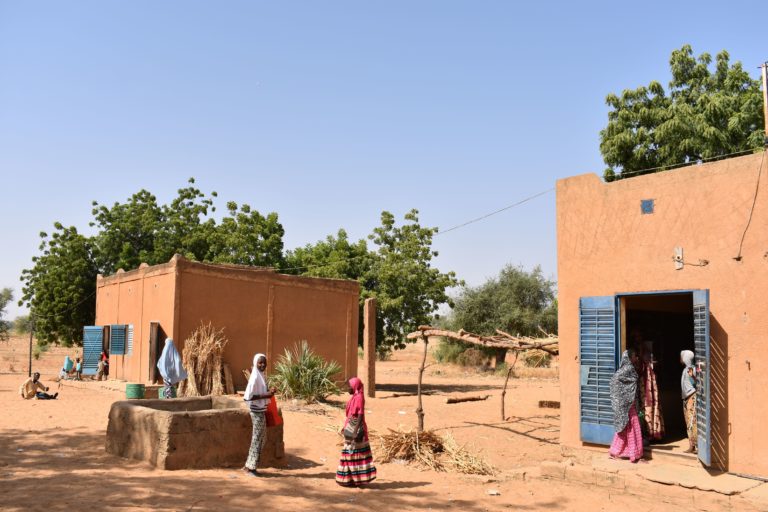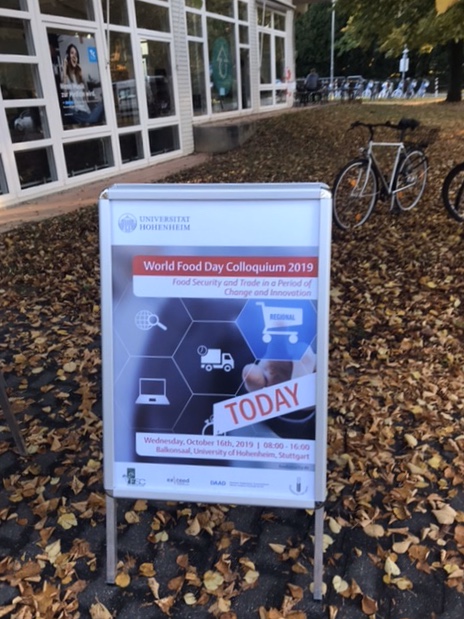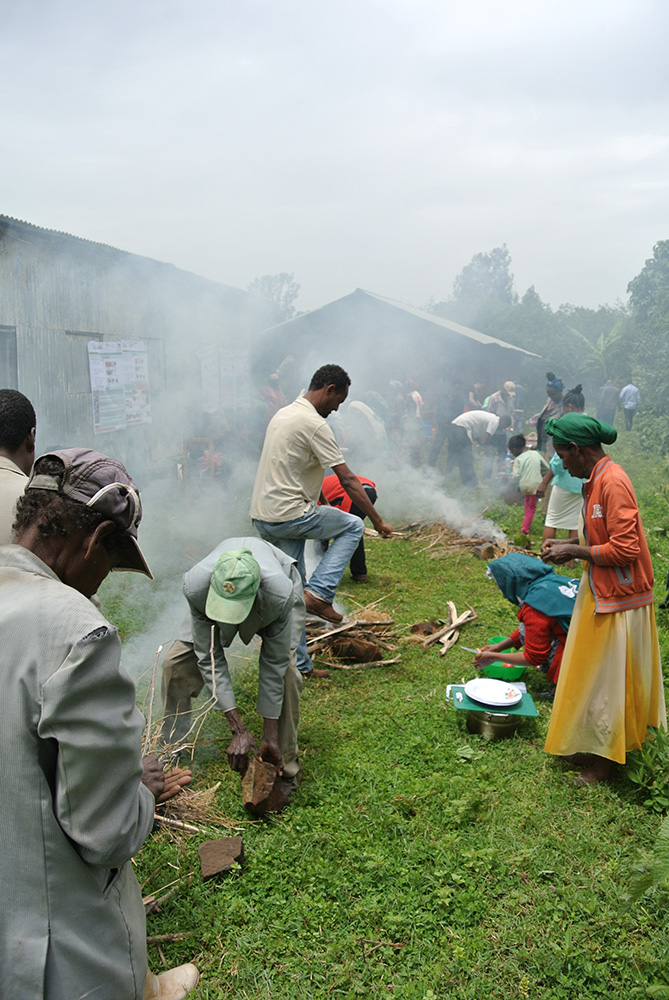German-Latin-American summer (school) part 2
Part 2: Berlin excursion. Berlin stops 1-4
Five doctoral researchers from the Doctoral Studies Support Program reflect on their 2023 Summer School in Germany (June-July 2023) organized by ZEF.
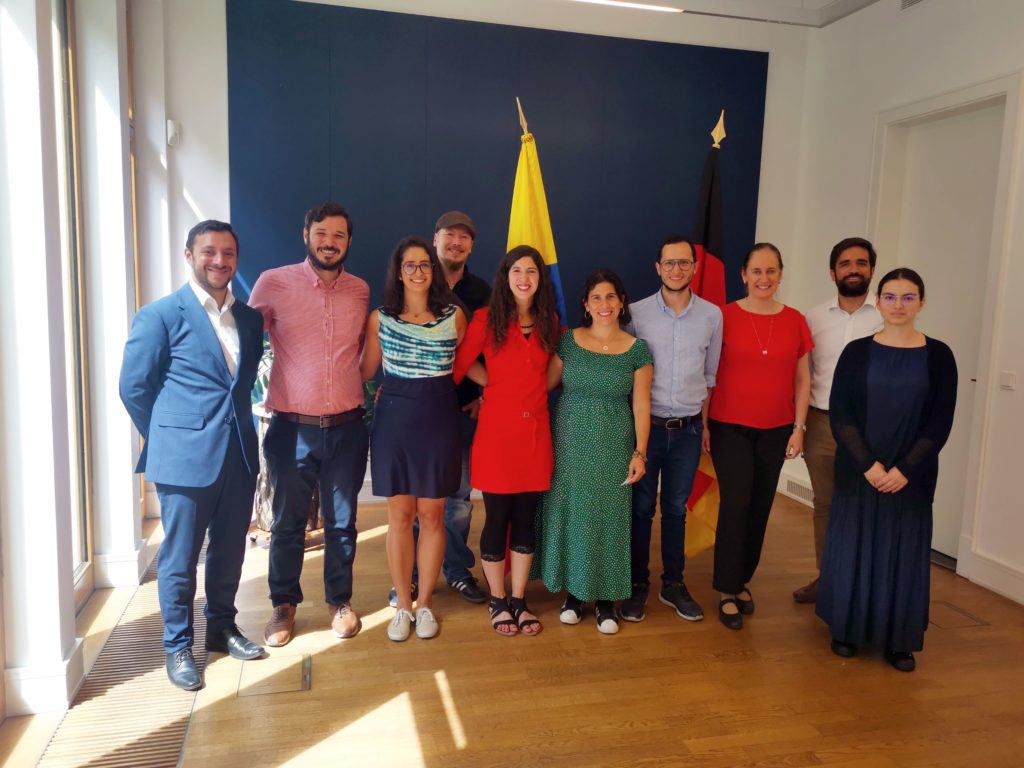
Impressions, insights and take-aways
From July 18-22, the five doctoral researchers María Camila Montalvo Senior, Diego Quijano, Maria Marcela Lozano, Pablo González and Michael Weidemann, accompanied by ZEF-researchers Carolina Tóbon and Aline Pereira, paid a visit to Berlin.
In Berlin visits were scheduled to: The German federal Parliament (Bundestag); the Embassy of Colombia in Germany; Lateinamerika Institut der Freie Universität Berlin and its trAndes project; Iberoamerikanisches Institut; and the Ethnologisches Museum der Staatliche Museen zu Berlin, (Ethnological Museum).
Berlin stop 1 (July 19): The German federal Parliament (Bundestag)
“Berlin is impressive, and the Bundestag building is no exception. The glass dome invites us to reflect on the importance of transparency in political acts. However, beyond the symbolic, is this desired transparency something that really happens, both in Colombia and in Germany, or are we left with some symbolic acts and little transparency around the way public decisions are taken and the well-being of society searched for? Our role in academia is also characterized by the need for transparency, both in our actions and in our research. In addition to the symbolic aspects, it is our responsibility to carry out ethical and open work for the benefit of society“. [Diego Quijano]
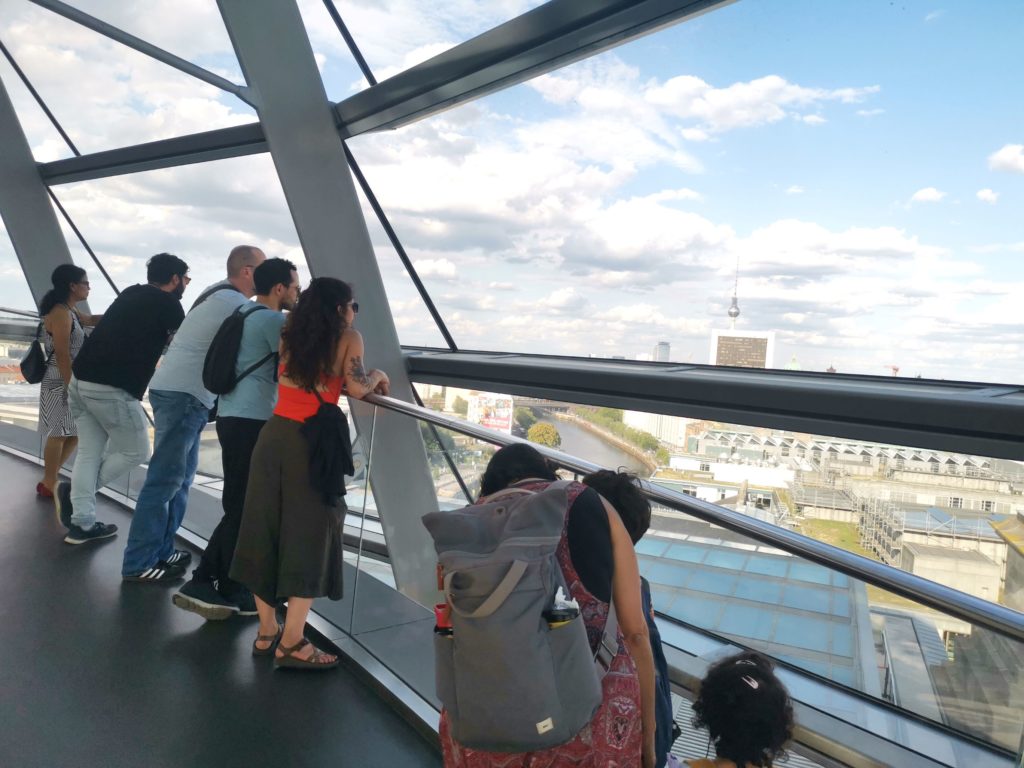
Berlin stop 2 (July 19): Embassy of Colombia in Germany
“We started our meeting at the embassy with a hot Colombian coffee. This was precisely the right way after having been away from Colombia for a few weeks. We had the honor and opportunity to meet with three young embassy officials who were very attentive to the activities of the DSSP. It was very interesting to see how important networks between institutions and individuals are, and how valuable confluent interests are that allow us to work together“. [Diego Quijano]
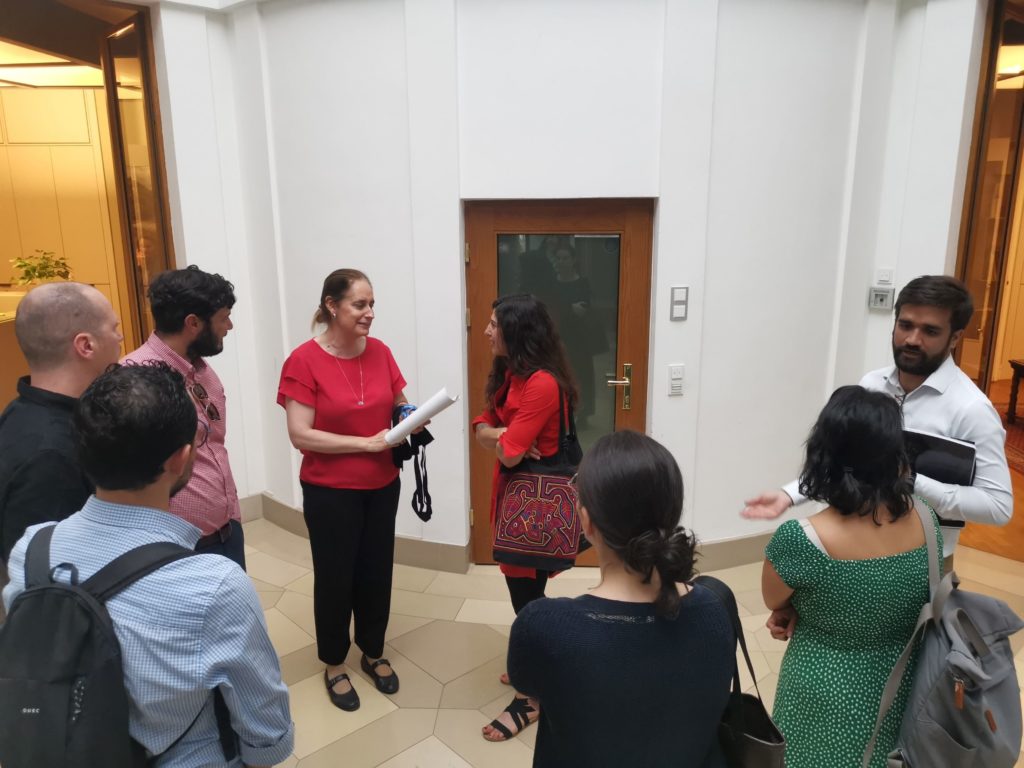
“Visiting the Colombian Embassy turned into a very lively and interesting conversation on Colombo-German relations, pillars of cooperation and possibilities for short to mid-term collaboration. It was awesome to see the pride that the Embassy’s personnel take in being the first meritocratic staff that this institution has seen in many years. We all agreed that this is an important achievement of the “new” Colombian government and reveals its proficiency in managing binational relations“. [Michael Weidemann]
“During our visit to the Colombian Embassy I realized that their coming events focus on Amazonia and on sharing research with Germany. This indicates that international interest in the Amazon is growing. (…) Here, my research on Indigenous material production comes in: I think that the way Indigenous people in the Amazon produce materials could derive principles for setting up bio-economics and achieving sustainability. So these concepts from the West are, after all, embedded in the Indigenous communities’ lives“. [María Camila Montalvo Senior]
Berlin stop 3 (July 19): Lateinamerika Institut der Freie Universität Berlin and its trAndes project
“Diana Torres is one of the current scholarship-holders in the SDG graduate school trAndes at the Lateinamerika Institut (LAI) of the Freie Universität Berlin and we had the opportunity to hear about her research during the visit we paid them. Diana’s research project made clear how inequalities affect the most vulnerable population in the urban area in Lima, Peru. But, her research also revealed how communities organize themselves and how they perform solidarity in order to improve their living conditions“. [Diego Quijano]
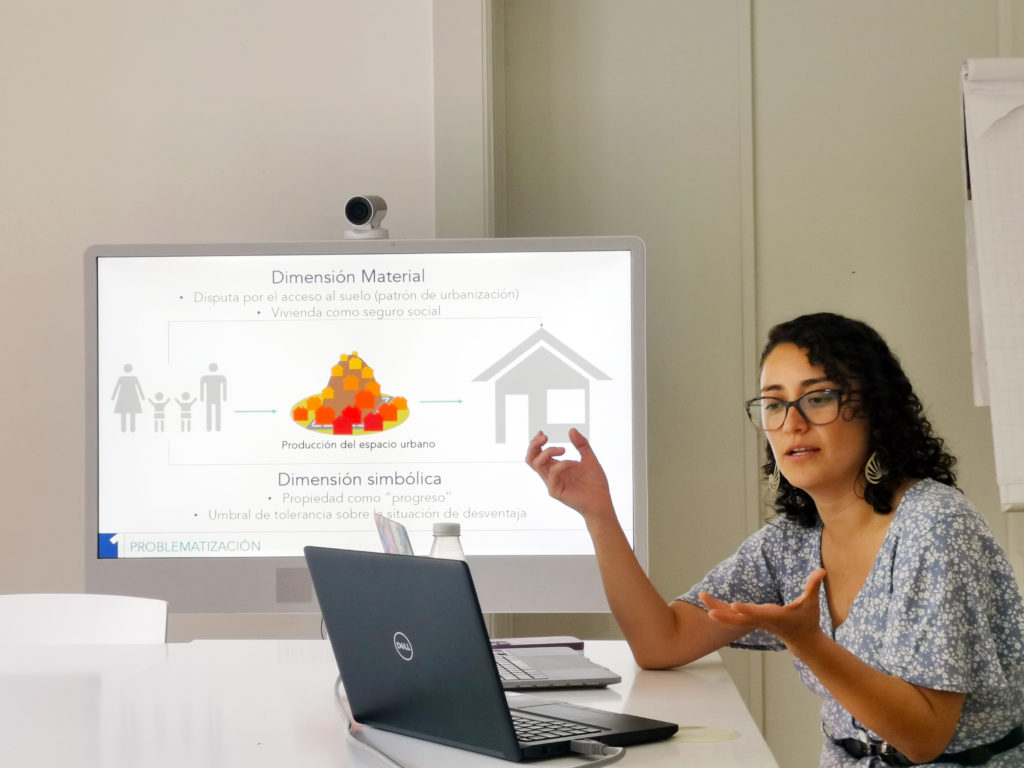
However, a question remains in my mind: Why develop this research in Germany instead of developing it in Perú? In other words, why coming to Germany can help to undertake research, which is based on local current issues in Perú? [María Camila Montalvo Senior]
“Many elements involved and revealed in the presentation by Diana Torres about the outskirts of Peru’s capital Lima were similar to those playing a role in my thesis. This made me ask questions that I had not asked myself, enriching my work and myself in many ways. It is necessary to get uncomfortable getting out of your comfort zone to change perspective: you cannot expect a different result doing exactly the same thing“. [Pablo Gonzalez]
Berlin stop 4 (July 20): Iberoamerikanisches Institut (IAI)
“The subway doors close behind me, I am in Berlin. The doors are open now, I take a few steps and I already am at the Ibero-American Institute (IAI) in Berlin. I entered the library together with my colleagues from the DSSP. The silence is enveloping; the study room is welcoming. The researchers who are there look at us, a group of Colombians who cannot stop talking“. [Marcela Lozano]
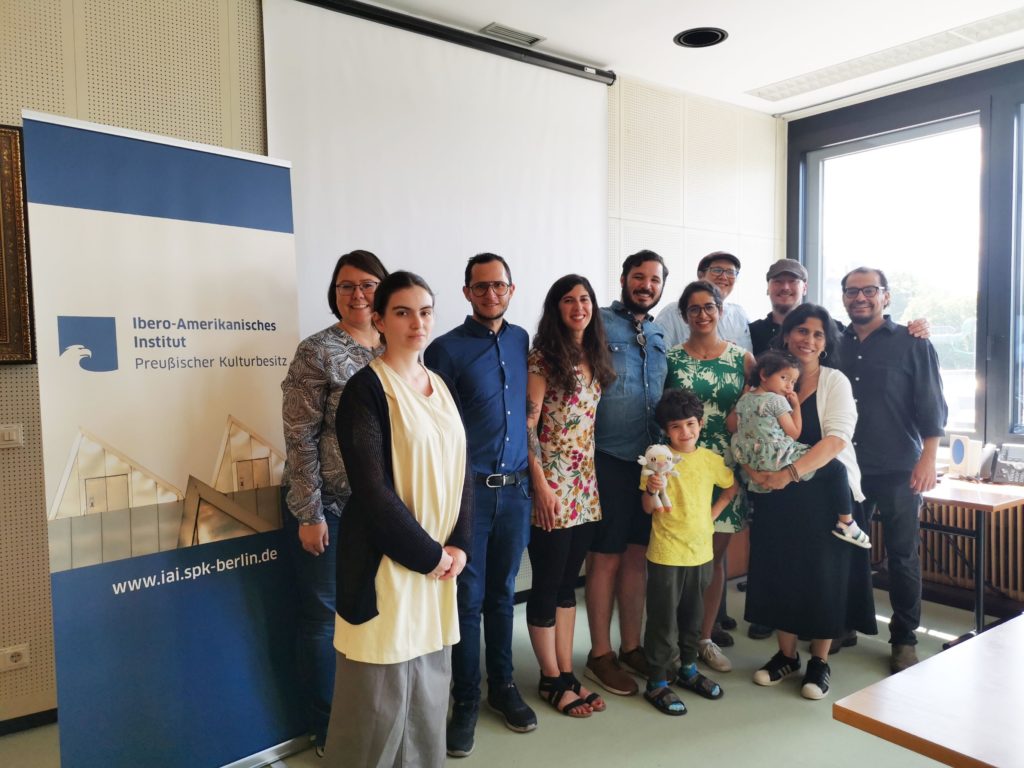
“The library of the Iberoamerican Institute is a maze. A place where you can get lost or find yourself in books. There are so many corridors and stories around that you can spend a whole week there, but we had the luck to be with Ulrike Mühlschlegel. She showed us the way beneath this labyrinth, sharing her love for the place, the people and the books. After the guided tour of the library, we met with Carlos Nupia, a Colombian researcher working with IAI. He shared his new research interests and we had a very exciting conversation that ended up in new questions for each of us“. [Pablo González]
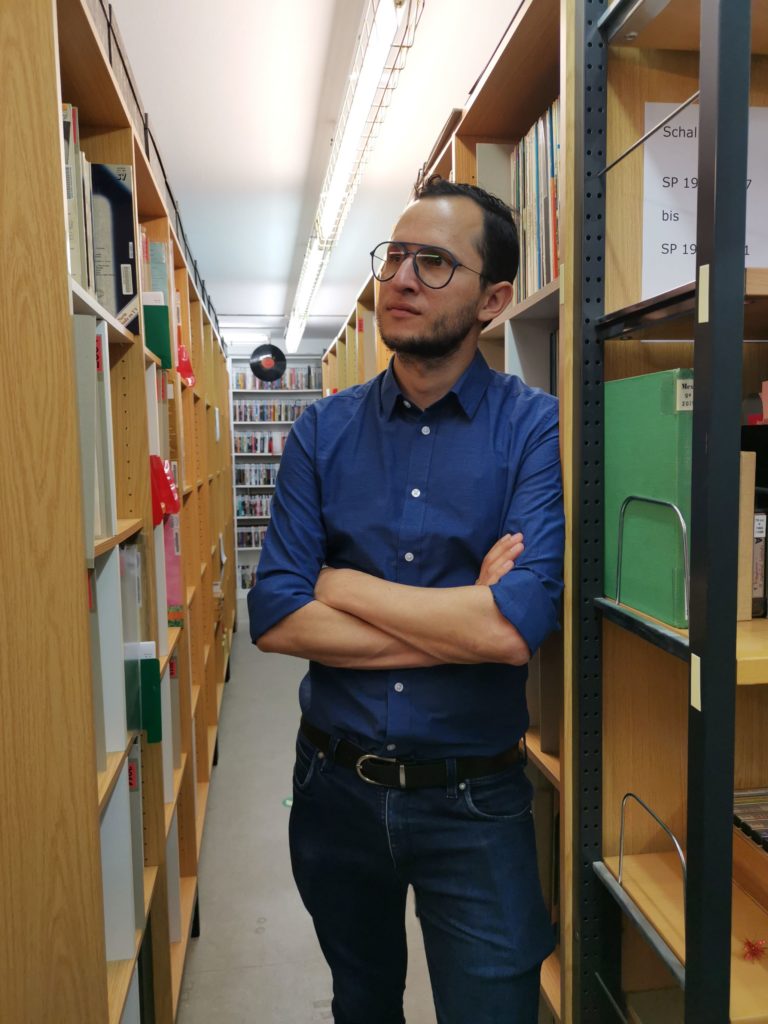
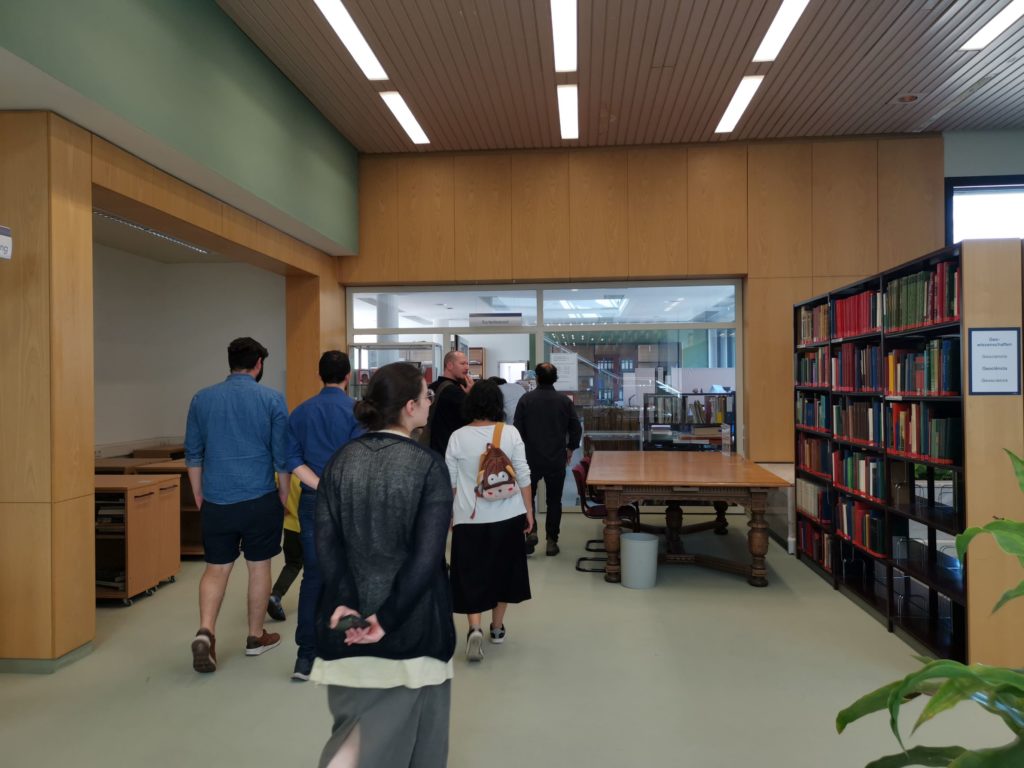
“The group visit at the Biblioteca – Ibero-Amerikanisches Institut led me to know about the largest specialized European library on Latin America, Spain, Portugal, and the Caribbean. This is also the second largest in the world. During the visit, many interests rose in my mind for current and future research, for example, looking for the classic German ethnologists who worked with the communities in the Amazon, focusing on material production and arts“. [María Camila Montalvo Senior]
